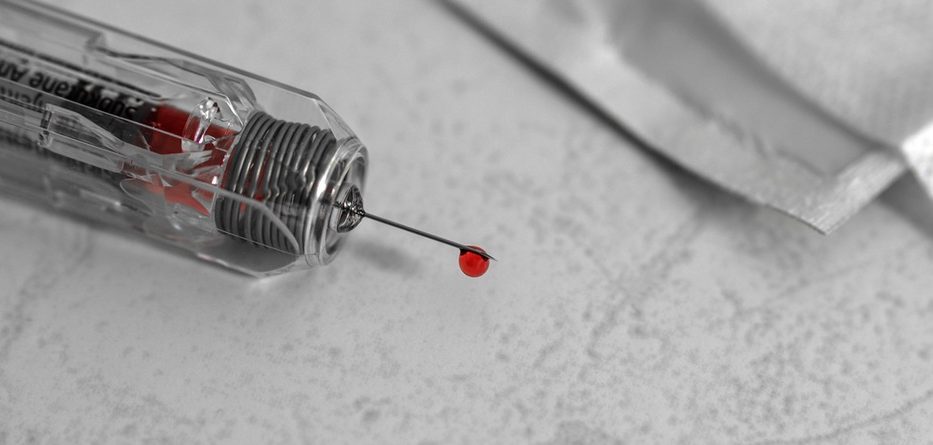On Tuesday May 16, a draft bill was launched at NSW Parliament House by a cross-party group that is aimed at legalising assisted suicide in NSW. While the exact timing of the progress of the bill is unclear, its sponsors expect the bill to be introduced into the NSW Parliament in August this year.
The draft bill has been named the Voluntary Assisted Dying Bill 2017. It is being sponsored by a cross-party group composed of the Nationals MLC Trevor Khan, Greens MLC Mehreen Faruqi, Labor MLC Lynda Voltz, Liberal MP Lee Evans and independent MP Alex Greenwich. The cross party nature of the bill’s sponsors is being promoted as a way of keeping politics out of the issue but the name they have given to the bill is a prime example of using verbal engineering to achieve a political outcome. What is being described as voluntary assisted dying is essentially the practice of assisted suicide.
Assisted suicide is often distinguished from euthanasia but they both involve a doctor hastening a patient’s death using some form of lethal poison. They are the two approaches proposed by advocates of the “right to die.” In the case of assisted suicide, the doctor supplies the patient with a poison that they swallow through their own action whereas in the case of euthanasia, the doctor administers a lethal injection to the patient to bring about their death whether they are conscious or unconscious.
What is being described as voluntary assisted dying is essentially the practice of assisted suicide.
There are a number of practical issues that are cause for concern with this draft bill. While it includes some safeguards, international experience from Belgium and The Netherlands has shown that the definition of who qualifies for the “right to die” tends to expand over time to include people who are not terminally ill, people suffering from mental health conditions and even children.
Furthermore the checks and balances in the regulatory process involving various medical professionals can over time become a rubber stamping exercise. In the context of Belgium and The Netherlands, once a little bit of assisted suicide and euthanasia is allowed in a health system, the associated social stigma begins to shift and the practice gets culturally embedded in the medical profession, hospices, nursing homes and elsewhere. In other words, safeguards never work.
Consequently vulnerable groups such as the elderly and the disabled can feel the social pressure to conform to this logic as they can feel like a burden on their families, the community and the health system.
Dr Daniel Sulmasy, a medical ethicist from Georgetown University in Washington DC, has recently pointed out the impact that legalising assisted suicide has on vulnerable dying patients:
“Once assisted suicide is on the table, this vulnerability is highlighted and the default switch flips. No longer will they have to argue that treatment should stop and that they should be allowed to die. The question they will hear will be, “Why haven’t you killed yourself yet?”[i]
Consequently vulnerable groups such as the elderly and the disabled can feel the social pressure to conform to this logic as they can feel like a burden on their families, the community and the health system.
Apart from identifying some of the serious consequences of the legalisation of assisted suicide and euthanasia, the Catholic Church has consistently spoken out against the very concept of the “right to die”.
The Catechism of the Catholic Church teaches that: “God alone is the Lord of life from its beginning until its end: no one can under any circumstance claim for himself the right directly to destroy an innocent human being.” (CCC 2258)
The Church has also proposed the use of palliative care as a compassionate response to the physical pain associated with dying: “The use of painkillers to alleviate the sufferings of the dying, even at the risk of shortening their days, can be morally in conformity with human dignity if death is not willed as either an end or a means, but only foreseen and tolerated as inevitable. Palliative care is a special form of disinterested charity. As such it should be encouraged.” (CCC 2279)
Palliative care is very effective at treating physical pain especially in Australia that has a world class capability in this area of medicine.
It is imperative for Catholics and people of good will to make their opposition to this draft bill known to their elected representatives. 22 years ago the people of NSW did this and as a result the Premier Bob Carr and Opposition leader Peter Collins both reversed their support for legalising euthanasia and no change to the current law was made. Are you ready to stand up for the vulnerable and the sanctity of human life?
It is imperative for Catholics and people of good will to make their opposition to this draft bill known to their elected representatives.
For more information on this topic check out the Real Care, Love and Compassion – the alternatives to euthanasia brochure that has been developed by the Australian Catholic Bishops Conference: https://www.catholic.org.au/euthanasia-pamphlets/1646-real-care-love-and-compassion-the-alternative-to-euthanasia-a4-school-resource/file
[i] New York Daily News, 15 February 2015: http://www.nydailynews.com/opinion/daniel-sulmasy-doctors-die-no-article-1.2114839 access 19 April 2017








